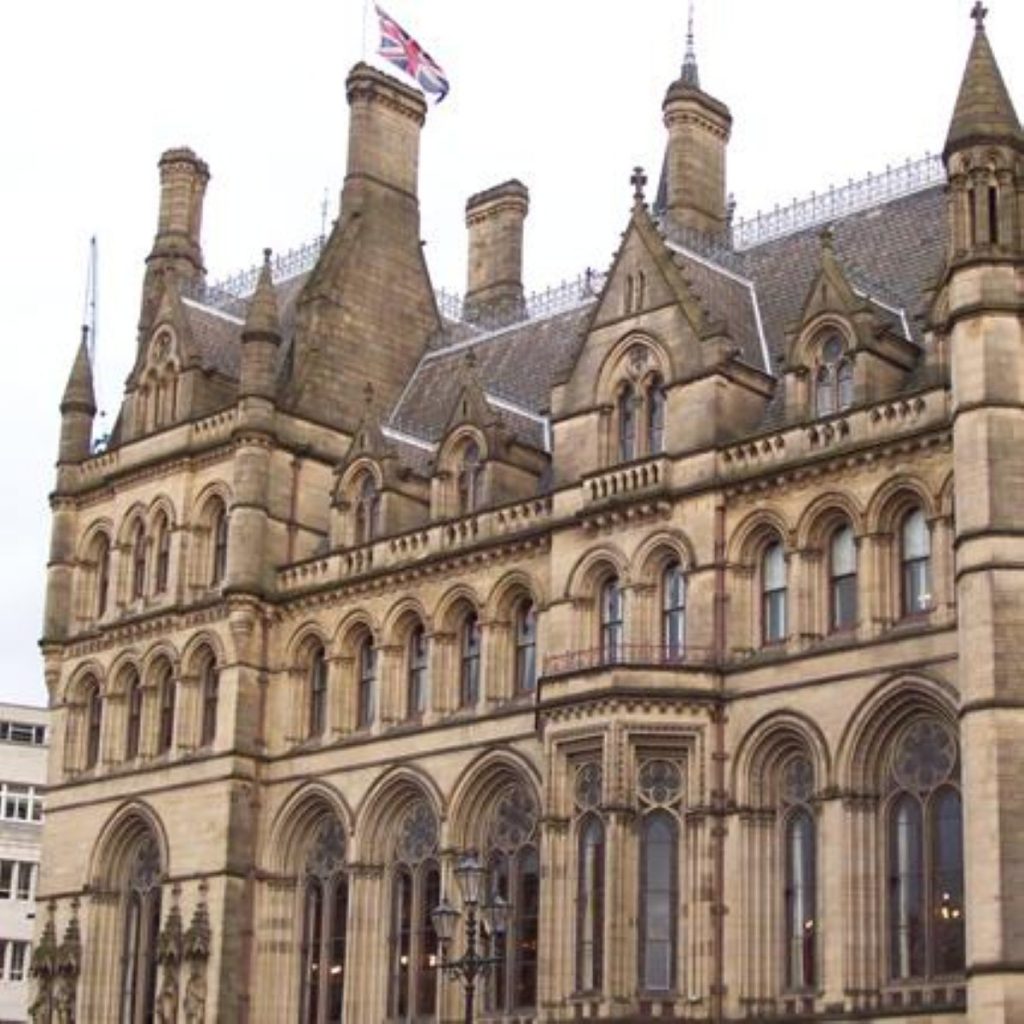Feature: Labour conference
The Labour conference begins today following fierce speculation about Gordon Brown’s future as party leader.
Three large protests against Labour (Iraq, public sector and postal workers) will hit Manchester while delegates congregate in the secure zone, and an alternate far-left conference is taking place down the road, tempting veteran Labour left-wingers like Tony Benn and Jeremy Corbyn away from the main event.
Apart from that, there are some specific focal points to look out for.
Charles Clarke will be delivering the Unlock Democracy lecture on Sunday. There’s always a chance he’ll make further comments along the lines of his New Statesman article telling Mr Brown to step down “with honour”, although the last time politics.co.uk spotted him being questioned on the subject by an eager journalist (at the Lib Dem conference) he came within an inch of punching him in the face.


Mr Clarke pops up again on Monday to go head to head with journalist Andrew Gilligan at a debate entitled ‘Who calls the shots – politicians or journalists?’. It could be interesting. Not only was Mr Gilligan the journalist blamed by the Hutton inquiry for being less than accurate in his Iraq war reports but he is also credited (or despised) for leading the campaign against Ken Livingstone’s attempts to be re-elected as Labour mayor of London.
Later in the day David Miliband makes his speech to the main conference hall on foreign policy. Pundits and obsessives will be scanning his words with a political decoder to spot any hidden leadership pitch. They probably won’t find one, but you never know.
There’s a good panel for the debate on how Labour can win the next election, featuring education secretary Ed Balls, one of Mr Brown’s most loyal lieutenants, health secretary Alan Johnson, consistently a highly-rated leadership contender, Ken Livingstone, who needs no introduction, and Jon Cruddas, the backbench left-winger who retains tremendous popularity within the party.
Then on Tuesday, it’s Mr Brown’s make or break speech to the conference. Or at least everyone presumes it’s Tuesday, because that day’s plenary for the conference hall lists precisely nothing.
There are reports the speech was finalised a month ago, boding ill for its chances. Most of the best speeches, the professionals say, are finished hours before delivery, fresh and written in blood in the early hours of the morning.
Things are about as bright for Mr Brown as he could possibly have hoped them to be at this stage. Whoever leaked whichever name on whatever occasion, the drip feed of briefings, letters and resignations over his leadership appears to have subsided. Furthermore, his part in the Lloyds TSB – HBOS merger has been widely praised, and there are reports he may be busy fixing up another one between EDF and British Energy. It all plays well with his strategy of presenting himself as a good man to guide us through bad economic times.
Will it be enough? Probably not. We’ll soon find out.
Stay with politics.co.uk throughout the week for the most comprehensive conference coverage available on the web.
Ian Dunt












